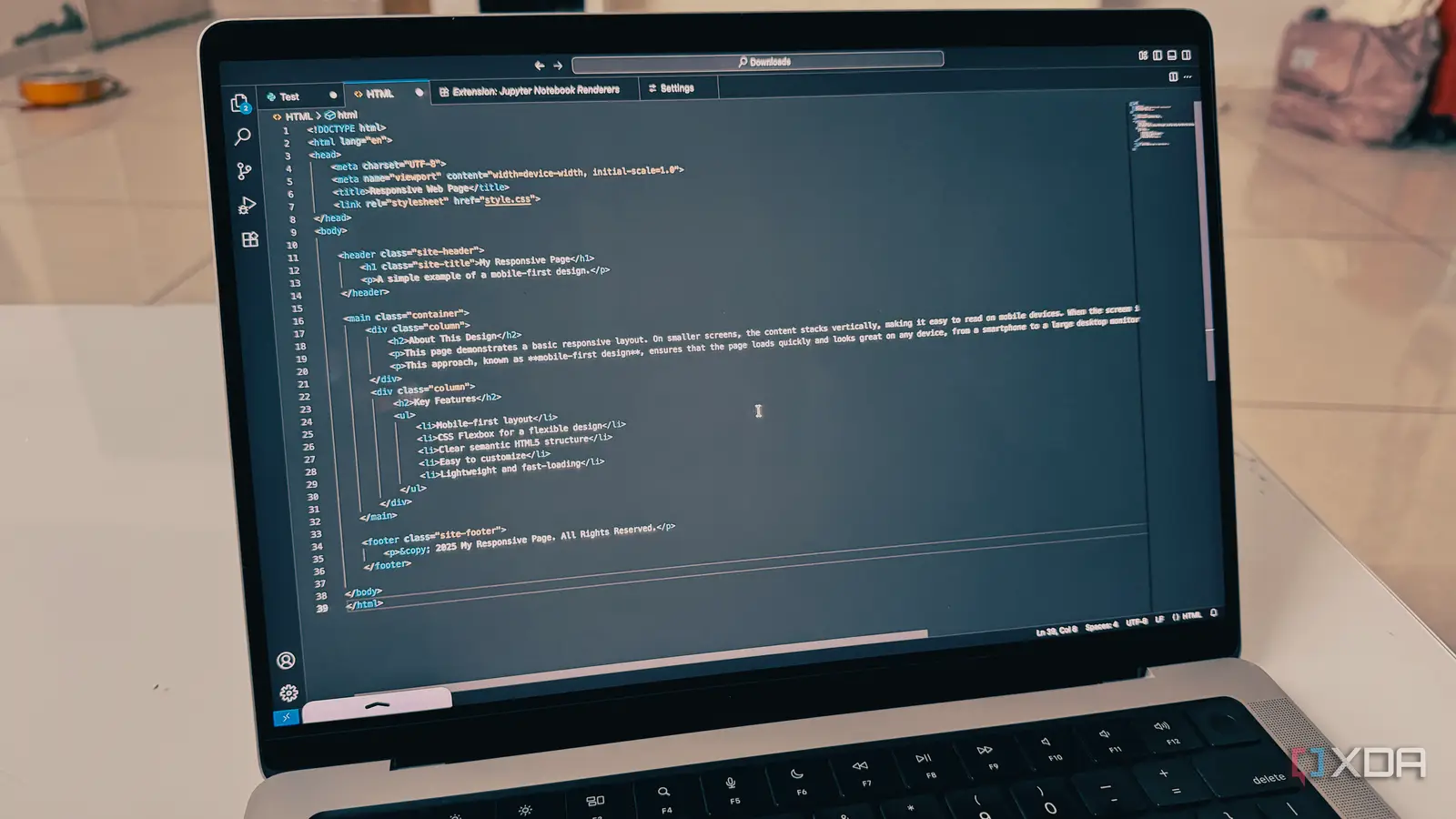
You know the feeling when you are all set to work, only to find the Wi-Fi is spotty, or you are stuck somewhere with no signal at all. It’s a productivity killer. For too long, I let a lack of internet be a roadblock. However, I have finally put together a comprehensive offline productivity pack — a collection of software tools that allows me to work and study just as effectively without an internet connection.
Are you ready to learn how to study and work anywhere, with zero dependency on the cloud? Here’s everything in the pack.
Notion
Supports an offline mode now
For years, Notion was my single greatest productivity bottleneck. I tried to jump ship so many times and migrated my entire system over to local-first alternatives like Obsidian and Anytype. The lack of a true offline mode has been the biggest pain for my Notion workflow.
While those alternatives offered the peace of mind with local files and incredible speed, I always ended up back in Notion. The reason was simple: no other app could match its power in two critical areas. Notion offers robust databases with multiple views and several automation tricks to fly through the workspaces.
But now, that compromise is dead. Notion has finally delivered a true offline mode, and it’s the single biggest game-changer in this entire pack. It solves my core problem.
Now, I can simply head to Settings -> Offline and enable the toggle to make relevant pages available for offline use.
While offline, I can create new pages, database entries, and edit existing ones. The changes are saved locally, and the moment I reconnect to Wi-Fi, Notion handles all the syncing automatically. I now have the powerful, interconnected workspace I love, combined with the true freedom that only a dedicated offline mode can provide.
Microsoft To Do
My go-to task management tool
When it comes to the pure, simple management of my daily to-dos, I use Microsoft To Do. While Notion handles my high-level projects, To Do is my trusty daily capture tool.
It has beautiful, native apps on every platform I own: Windows, iOS, Android, and macOS. I can create new lists for study materials, personal errands, or work projects, and break down complex tasks into manageable sub-steps.
I rely heavily on its support for natural language. I can just type something like, ‘Draft conclusion for post next Monday at 10 AM,’ and it automatically recognizes and sets the due date and reminder for me. That speed is crucial when I’m trying to capture an idea quickly.
But the real magic for my productivity lies in its deep integration with the Microsoft ecosystem. If an email lands in my inbox and requires a follow-up, I don’t need to manually copy the text or forward it. I simply flag an email in Outlook, and within seconds, that email appears as a task in my dedicated ‘Flagged Email’ list in Microsoft To Do.
Enpass
Access your login credentials
Enpass is the perfect choice for an offline productivity pack because of its commitment to local, user-controlled data. Unlike other popular managers that force my data onto their servers, Enpass keeps my encrypted vault safely stored locally on my device.
This means that when I board a plane or head to a remote study spot, I retain full access to every password, secure note, software license, credit card, and banking details. Since my data is encrypted and stored locally (and on my own chosen cloud service, if I enable sync), there is no single server for hackers to target.
Enpass has nailed the basics in terms of features. It has native apps on all the platforms, supports a range of pre-built templates, TOTP, secure notes, attachments, and more.
VSCodium
VS Code without Microsoft baggage
While the tools for writing and task management are essential, the heart of my offline productivity pack for serious work is my code editor: VSCodium.
For my development and writing projects, I use VSCodium — which is essentially the community-driven build of Visual Studio Code.
My process is simple but critical: I front-load all the online work. Before I disconnect, I ensure that I have installed all necessary extensions, language packs, themes, and dependencies for the project I’m working on.
Once that data is downloaded, VSCodium becomes a lightning-fast, self-contained coding environment. I don’t need the cloud for syntax highlighting, linting, or even navigating a massive code base.
This allows me to truly fly through my work when I’m offline. Whether I’m on a long flight or just sitting in a park with bad reception, I can open the application, work through feature changes, and write documentation without a single hiccup.
Escape the internet
The truth is, my best work often happens when I’m unplugged. Whether it’s the quiet focus enforced by those noise-cancelling headphones or the speed of an offline code editor, this system gives me back control. Of course, these are just my personal favorites. You can always explore more offline apps to build an ideal workflow.
So what are you waiting for? Take a weekend to curate your own essentials pre-download relevant Notion workspaces, and put the internet back in its place. The next time you leave the house, you will be ready to work, not just waiting for a connection.



